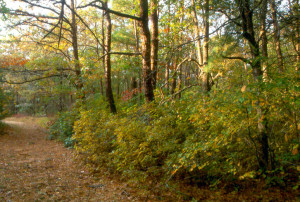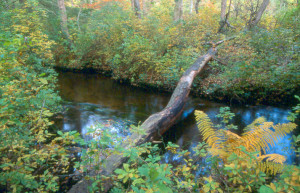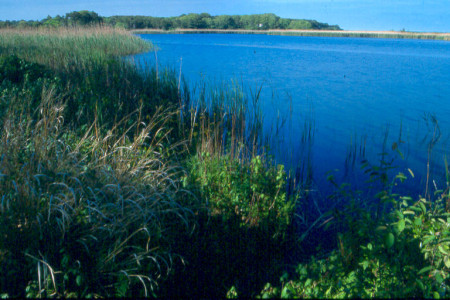Protecting Land…Forever
Protective Overlays for Private, Non-profit Conservation Lands on Cape Cod
Click here for Answers to Frequently Asked Questions
Click here for a Summary about Protective Overlays
Click here to learn more about Perpetuity as the Creed of Land Conservation
[su_frame align=”right”] [/su_frame]Prior to 1986, many landowners conveyed land to local land trusts on Cape subject to a provision that the land be held in a natural state for conservation purposes. In 1986, the IRS issued a ruling that said this practice (i.e., adding the deed restriction) could negate the value of the charitable deduction associated with the land gift. Few land donations were “donor-restricted” after that.
[/su_frame]Prior to 1986, many landowners conveyed land to local land trusts on Cape subject to a provision that the land be held in a natural state for conservation purposes. In 1986, the IRS issued a ruling that said this practice (i.e., adding the deed restriction) could negate the value of the charitable deduction associated with the land gift. Few land donations were “donor-restricted” after that.
[su_frame] [/su_frame]In 2004 The Compact pioneered the use of conservation restrictions and charitable trust arrangements to provide similar legal protection after-the-fact to most land trust fee simple properties on Cape Cod. All Cape Cod land trusts have since voted to adopt this practice. This means that these non-profit properties are held for conservation purposes and cannot be developed or sold for development. The state Attorney General is obligated to defend the public interest in ensuring that these properties remain in an open space condition for all time.
[/su_frame]In 2004 The Compact pioneered the use of conservation restrictions and charitable trust arrangements to provide similar legal protection after-the-fact to most land trust fee simple properties on Cape Cod. All Cape Cod land trusts have since voted to adopt this practice. This means that these non-profit properties are held for conservation purposes and cannot be developed or sold for development. The state Attorney General is obligated to defend the public interest in ensuring that these properties remain in an open space condition for all time.
[su_frame align=”right”] [/su_frame]In addition, The Compact and the regional Orenda Wildlife Land Trust have contracted with the local land trusts to provide assistance in legal defense in addition to the role of the Attorney General, in the event that any of the properties enrolled in this overlay of legal protection are threatened with conversion to non-conservation use. Land trust parcels under charitable trust (or under conservation restriction) are considered immune from municipal betterment charges, while unrestricted parcels are not.
[/su_frame]In addition, The Compact and the regional Orenda Wildlife Land Trust have contracted with the local land trusts to provide assistance in legal defense in addition to the role of the Attorney General, in the event that any of the properties enrolled in this overlay of legal protection are threatened with conversion to non-conservation use. Land trust parcels under charitable trust (or under conservation restriction) are considered immune from municipal betterment charges, while unrestricted parcels are not.
[su_frame align=”right”] [/su_frame]The Compact believes that this overlay protection program provides the best, most-ironclad assurance that local land trust properties will be protected as open space. The Compact believes that the fair market value of these properties is properly reflected as restricted conservation land, owing to the fact that they are no longer useful for residential or other development purposes. No parcel covered by these overlay protections has been released or modified.
[/su_frame]The Compact believes that this overlay protection program provides the best, most-ironclad assurance that local land trust properties will be protected as open space. The Compact believes that the fair market value of these properties is properly reflected as restricted conservation land, owing to the fact that they are no longer useful for residential or other development purposes. No parcel covered by these overlay protections has been released or modified.
Mark H. Robinson
Executive Director
September 2013


